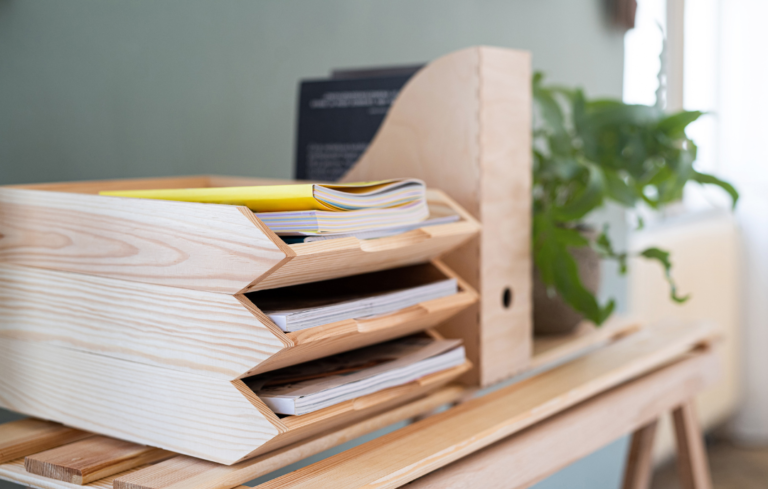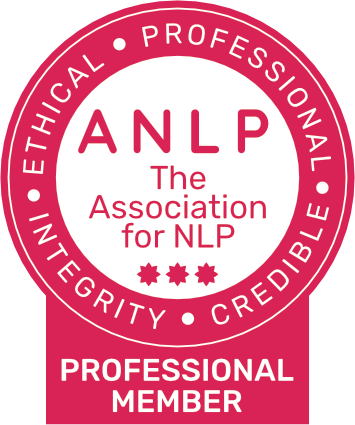Overcoming the 4 most common obstacles to success
Part 2 - how to help your teen get organised

It’s not easy being a teen studying for GCSEs. It’s also not easy being a parent of a teen studying for GCSEs.
It can be tempting to periodically bark at them to “get revising” and beyond frustrating when all they seem to be doing is watching TV, playing on the Xbox and seemingly doing anything but studying.
Why, why, why will they not study? Don’t they know how important these exams are for their future?
The truth is that they do know. They are being told this day in, day out every single day at school. Then they come home and you remind them again. And again. They are caught like a rabbit in the headlights as their GCSEs hurtle towards them at breakneck speed. But for some reason, they just can’t seem to move.
The simple truth is this: the reason that they are not revising is most likely because they simply do not know how to.
You see, most schools are brilliant at taking care of the teaching side of things. They will give engaging lessons, give handouts, give workbooks, give homework.
But the only person in control of how much your teen is taking in, and learning, is your teen. And the scary part is that they might not even be aware of this.
Having seen this pattern so many times over the years with the teens I work with, I knew that I needed to find a solution for my own daughter.
She was doing all the right things. She had reams and reams of neatly written notes.
But how was she going to learn it all?
In my mind’s eye, I looked ahead to the next year (which is now this year) and imagined her working into the small hours whilst she tries to cram 2 years’ worth of knowledge into her brain in the final few months. I imagined the sleepless nights and exhaustion and the inevitable tears and tantrums.
She doesn’t need that and neither do I.
BUT there IS another way.
It involves teaching teens how to be in control of their own learning right from the beginning of the course by helping them set up a simple system.
This is what I did with my daughter when she was at the beginning of Year 10.
Step One is simple: gather all the information in one place.
- We set up a shared folder in the drop box with a folder inside it for each subject.
- We put an example past paper into each folder so that she knows what she’s aiming for at the end. These can be found here.
- We put in a list of the topics she needs to learn for each subject. These can be found here on GCSE – BBC Bitesize under the relevant subject area.
Step Two
- We created a revision timetable (which is the same each week). We created a list of websites to go to for practise questions each week so that she can quickly and easily get started.
That’s literally it.
It put her in the driving seat of her learning.
- She knows how what she is learning fits with the bigger picture.
- She sees how each subject is divided into topics which she can “tick off” as she moves through the course.
Since then, she’s handled it all herself. We have a check-in for 15 minutes once a week just so that I can check she has everything she needs to move forward.
We have made this 15 minute a non-negotiable. It’s not that we do anything particularly fundamental during that time but it simply means that there is 15 minutes per week where she asks herself these questions:
What has gone well?
What is my focus for next week?
Do I have everything I need?
I have met so many teens who feel like they have big issues with learning. More often than not, all they need is a bit of help to break down what they need to do in an easy to follow sequence.
If your teen would like some additional support, I am currently running 3-hour breakthrough sessions to help your teen reduce overwhelm and get organised.


